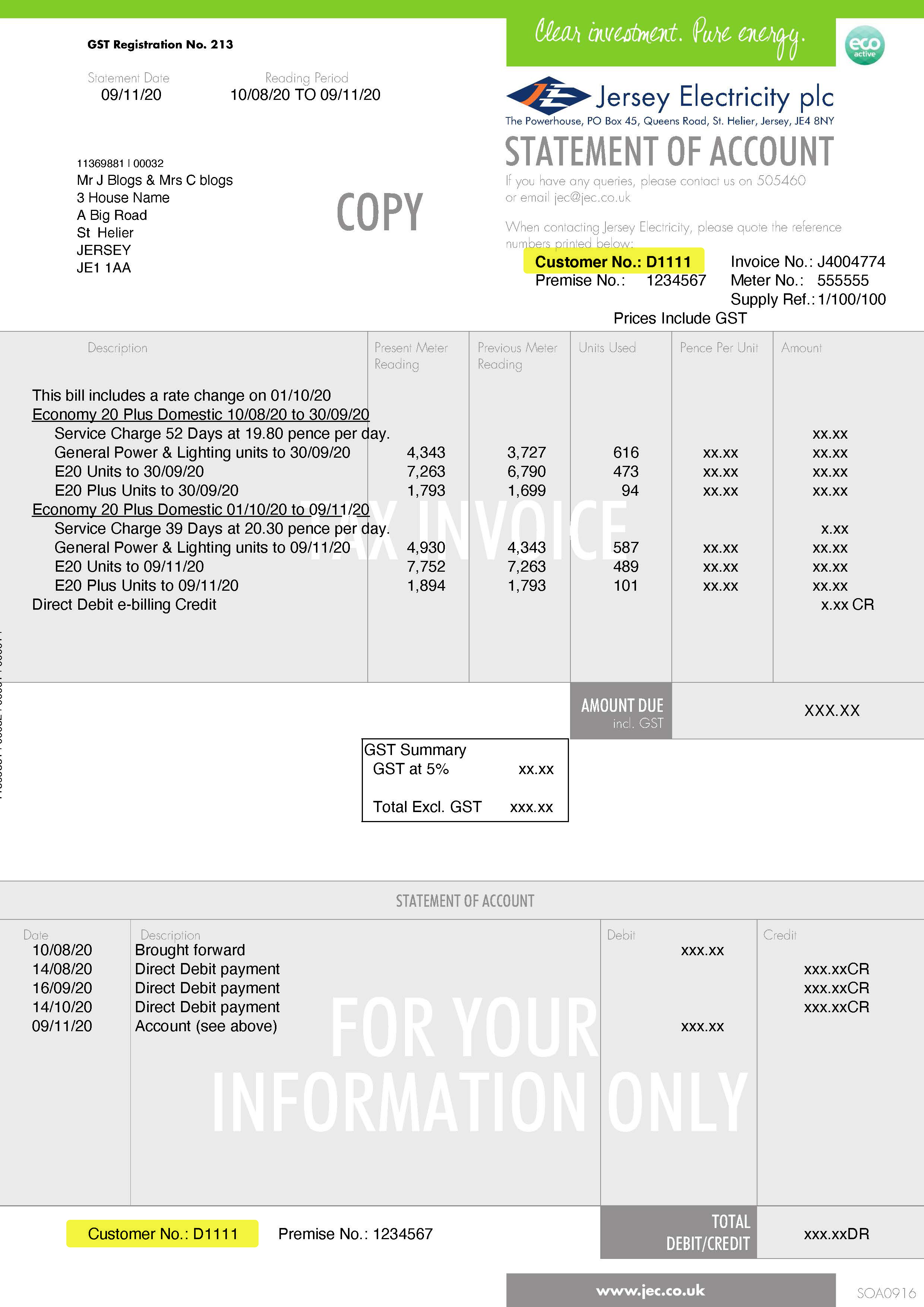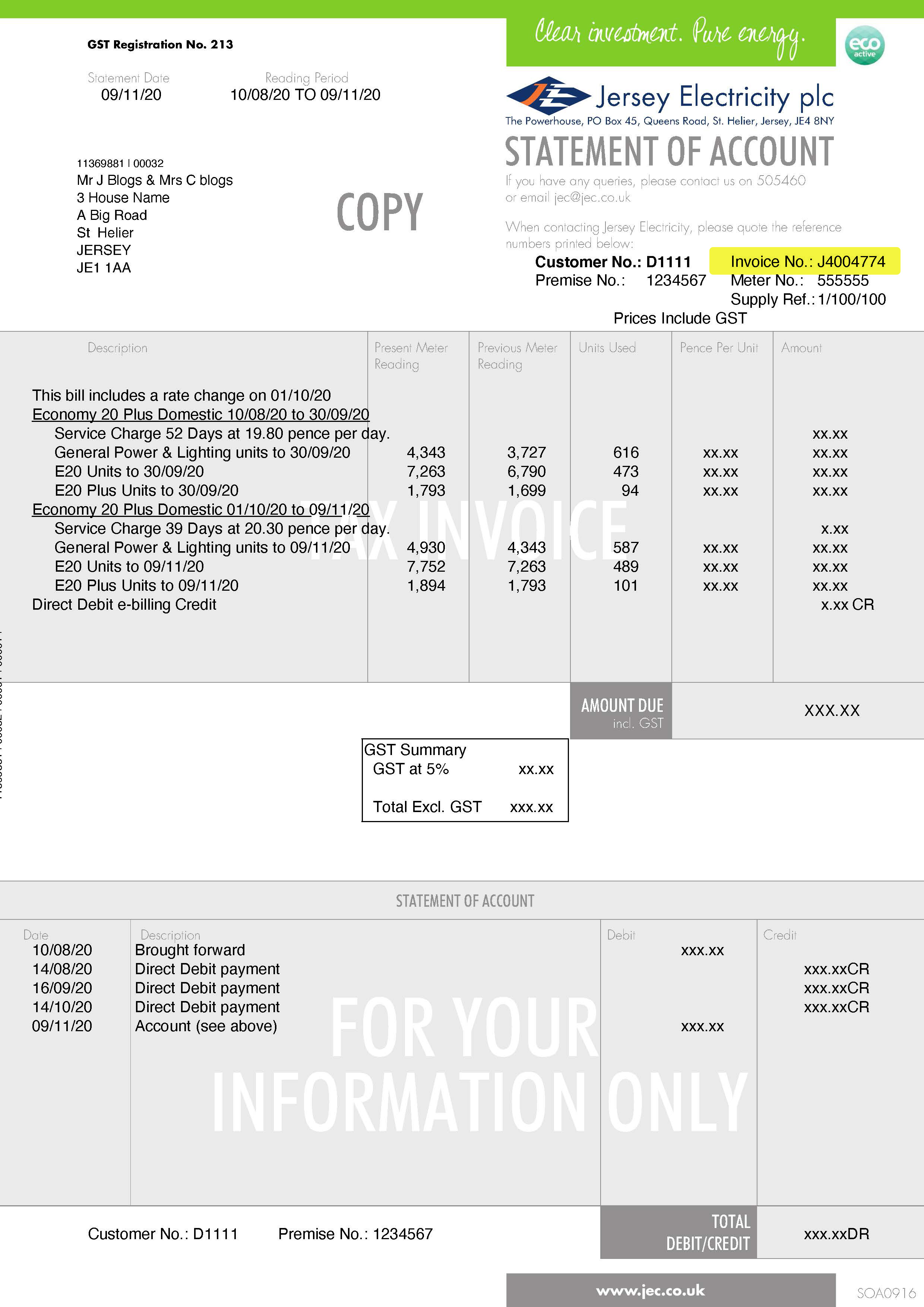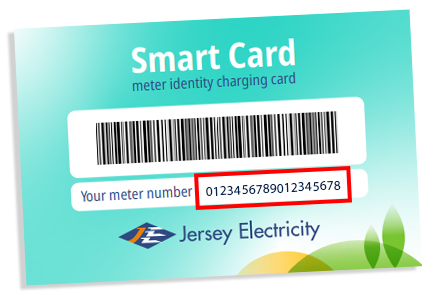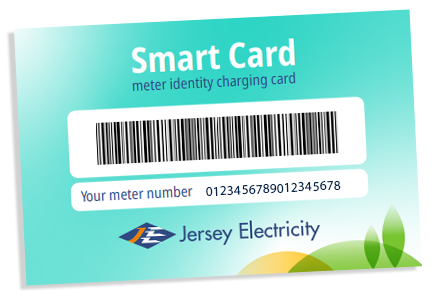A States’ commissioned independent review into Jersey Electricity’s proposed Standby Charge for Commercial customers installing embedded generation (EmGs) while requiring grid backup services has found that the charge is reasonable, justifiable and without it, prices will rise for all other customers who cannot install solar PV, thermal or wind generators.
The review, by UK Economic Consultants NERA, also concluded that JE’s proposed charge of £3.25 per kWp per month was, if anything, low, calculating a range of charges between £3.22/kWp/month and £5.48/kWp/month depending on the type of EmG and self consumption assumptions used. NERA stated: ‘JE’s calculation is conservative overall.’
NERA recognised that by reducing the amount of electricity they buy from the grid, EmGs reduce their financial contribution to the Island’s extensive and complex electricity grid and its related fixed costs. If the grid is to be adequately funded, the loss of contribution to fixed costs from the growing number of EmGs would then need to be recovered from other customers in the form of higher prices. NERA describe this as ‘inefficient grid bypass’, a problem JE faces in common with many other jurisdictions that have a similar tariff structure.
NERA examined four ways of tackling the problem of ‘inefficient grid bypass’. As a utility with a variety of stakeholders JE has to not only consider economic efficiency but other factors which could ultimately lead to tariff increases - implementation costs, the impact on vulnerable customers and the complexity of any system for customers.
The NERA review findings are presented in a complex, 57-page report which concludes: ‘Following our review of the Standby Charge proposed by JE, we consider that some charging reform to address the impact of customers installing embedded generation to reduce their contribution to JE’s fixed costs is justifiable on a commercial basis and, moreover, economic theory suggests that the ECPR (Efficient Component Pricing Rule) approach by JE would promote the efficient deployment of embedded generation in Jersey.’
JE CEO Chris Ambler said: ‘We have co-operated fully with this review and we are obviously pleased that the report clearly acknowledges the legitimacy of JE recovering its costs of providing grid and backup power services, including the need to make a fair return to ensure continued investment in the network.
‘We have been and continue to be supportive of bringing local renewables into Jersey’s energy mix. We launched a scheme last July to help facilitate small ground-mounted solar farms and we continue to connect renewable and other export only embedded generation systems that exempt from a Standby Charge. We welcome the development of more local distributed generation systems but such facilities must be connected on fair terms.
‘We have stated since we first gave notice in November 2016 of our intention to extend our current charging regime for Commercial embedded generators needing grid backup, that if customers who operate embedded generation systems and require standby power did not contribute their share of our fixed infrastructure costs, the burden would fall on all other customers, including the less well off, to make up the shortfall. Ultimately, we believe this leads to an unfair situation where those that can afford to invest in embedded generators, including renewables, being subsidised by those who cannot. This report acknowledges that.
‘The report, which covers a lot of ground across complex issues of peak loads, load factors and cost allocations, found that if anything, we erred on the side of caution in our calculations and our proposed Standby Charge of £3.25 per kWp per month could, in fact, be much higher. It also agreed, that some charging reform has value in signalling to potential investors in embedded generation that the long-term value of some types of embedded generation investments are less than our current retail energy prices suggest.
‘NERA suggested that in an ideal world our pricing should be ‘fully cost reflective’. This could lead to significant price changes, resulting in the lowest consumers bearing the highest rises and would be, as NERA accepts, challenging to implement in the short term. We will now study the report in detail and consider the options for charging that best reflect the cost of providing standby services to embedded generators.’
The full report can be viewed on the States of Jersey website






